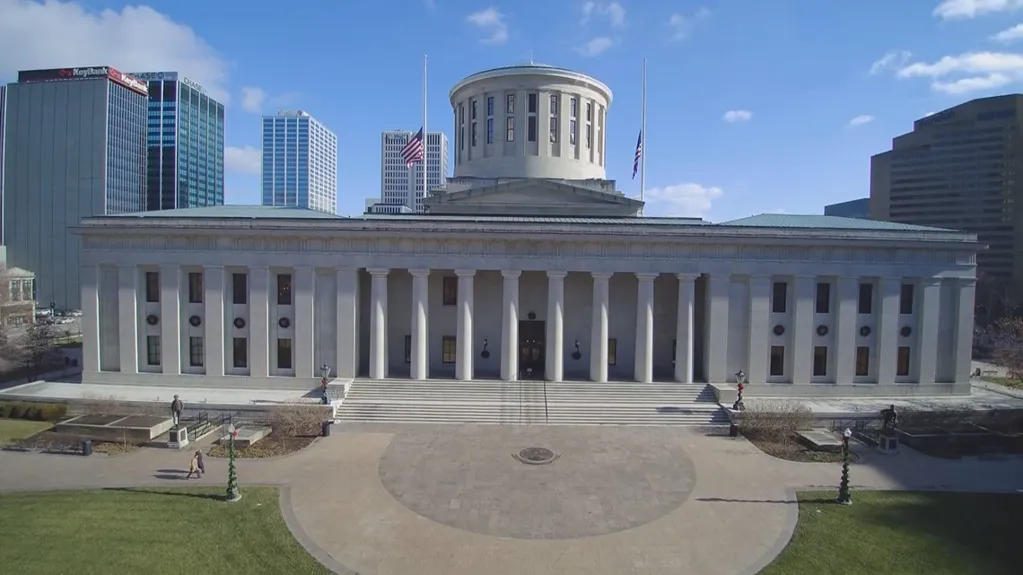OHIO, USA -- In November, voters made their voices heard in shaping the national landscape for the coming years. At the same time, voters cast ballots at the state and local levels, and legislators introduced and passed bills.
Here's what laws and bills will take effect in Ohio come 2025.
Ohio's minimum wage will increase on Jan. 1, 2025 from $10.45 per hour to $10.70 per hour for non-tipped employees, according to the Ohio Department of Commerce. Tipped employee wages will increase from $5.25 per hour to $5.35 per hour. The wage minimum applies to employees of businesses with annual gross receipts of more than $385,000.
The increase is in line with a 2006 constitutional amendment requiring the state to increase its minimum wage each year in line with inflation.
This act amends the existing Ohio Revised Code to require public school districts to adopt a policy accommodating religious expression. The act requires school districts accommodate "sincerely held religious beliefs and practices" of students and staff with "Religious Expression Days".
The religious expression days would permit a student in any K-12 institution to be absent for up to three days to observe religious holidays or organized faith-based activities. The school's approval of the accommodating absences must not inquire into the sincerity of the student's religious or spiritual belief system, the bill reads, but schools are allowed to seek verification of the request from the student's parents.
On Nov. 27, Ohio Governor Mike DeWine signed into law House Bill 183, commonly known as the "Bathroom Bill" which mandates people and students use bathrooms that align with their assigned sex at birth. It applies to colleges, universities and other institutions' public bathrooms, and K-12 schools.
It requires public and private schools, colleges and universities to designate separate bathrooms, locker rooms and overnight accommodations "for the exclusive use" of either males and females, based on one's gender assigned at or near birth, in school buildings and other facilities used for school-sponsored events. It contains no enforcement mechanism.
It is slated to take effect on Feb. 25, 90 days after becoming law.
No later than July 1, 2025, each school district's board of education must establish a cell phone policy for students. The policies must, according to the bill's language, emphasize limiting cell phone use as much as possible during school hours and reduce cellular telephone-related distractions in the classroom.
The district must also come up with a policy to establish when cell phone usage is permitted in school, such as through a student's individualized education plan.
Vice President-elect JD Vance will vacate his Senate seat in the coming period of time before assuming his new office. This means Ohio Governor Mike DeWine will appoint a replacement to Vance's seat.
Under state law, whoever gets the appointment will serve from the date of Vance's resignation, which he hasn't announced, until Dec. 15, 2026. A special election for the last two years of his six-year term would be held in November 2026.
Locally, the 2024 election saw voters approve some levies and ordinances while rejecting others.
Voters in Toledo approved Issue 9, a charter amendment which extended the limit of consecutive terms that a Toledo mayor can serve from two to three. Since then, Toledo Mayor Wade Kapszukiewicz has announced he will run for a third term.
Voters in the Toledo Public Schools district also approved a levy and bond issue, the first of its kind in 10 years, which includes $99 million bond issue to fund the construction, renovation, and improvement of school district buildings and facilities.
The Toledo-Lucas County Public Library system also saw a levy pass in November.
